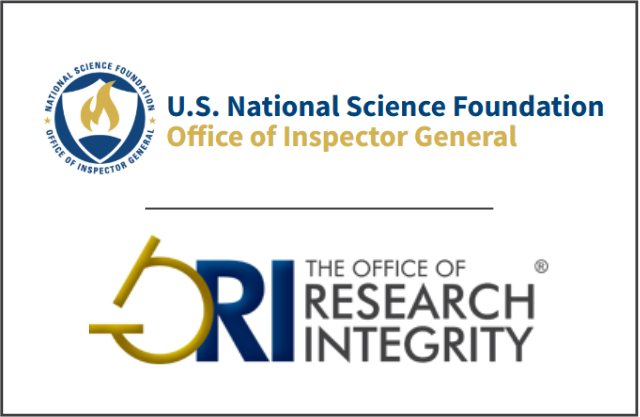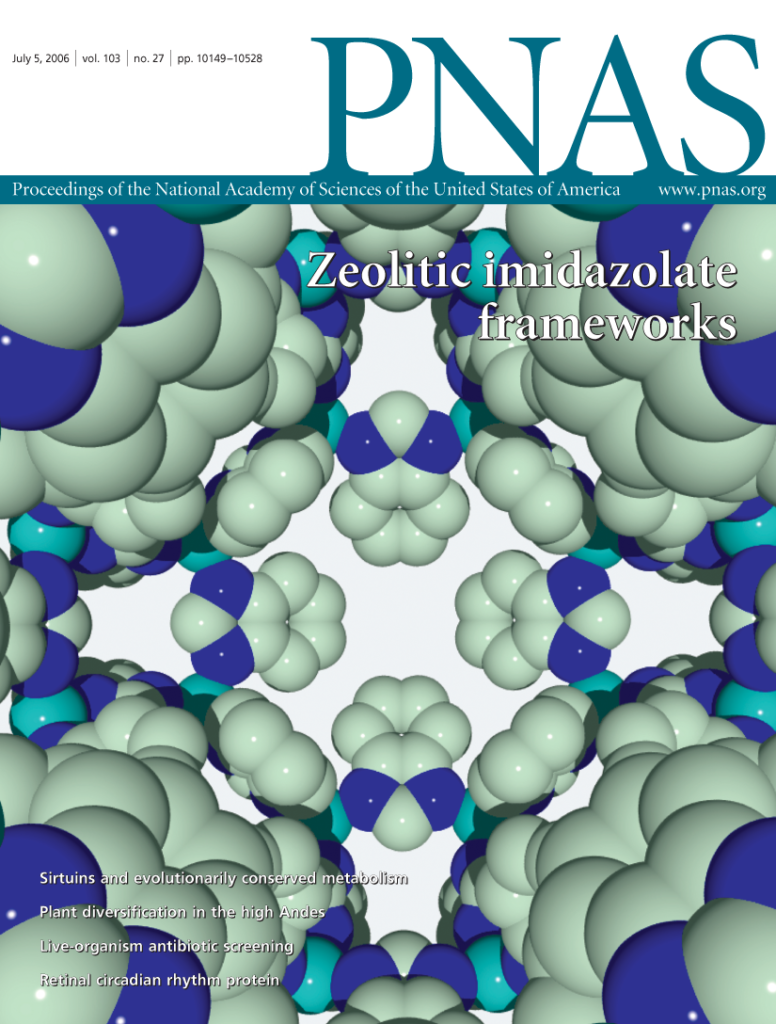
Starting around 2023, a curious trend took hold in papers on drug safety monitoring. The number of articles published on an individual drug and its link to specific adverse events went from a steady increase to a huge spike.
The data source in most of those articles was largely the same: The FDA Adverse Events Reporting System, or FAERS. In 2021, around 100 studies mining FAERS for drug safety signals were published. In 2024, that number was 600, with more than that already published this year.
Two journals in particular published the bulk of these papers, Frontiers in Pharmacology and Expert Opinion on Drug Safety. In response to the flood, Frontiers started to require independent validation of studies drawing on public datasets. And Expert Opinion on Drug Safety decided in late July to stop accepting submissions altogether that use the FAERS database for this particular type of study.
Continue reading Exclusive: Journal bans drug safety database papers as they flood the literature






